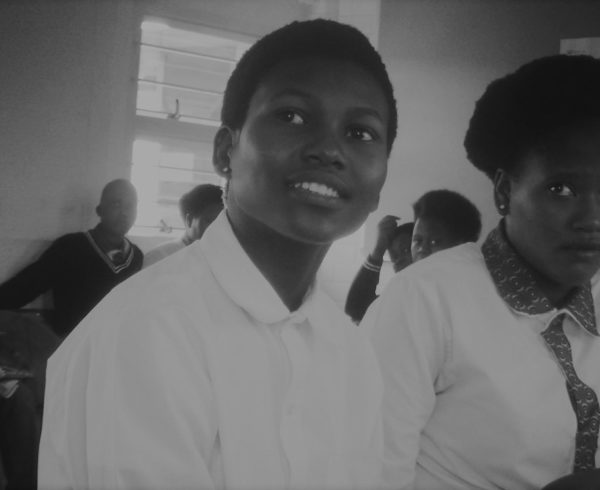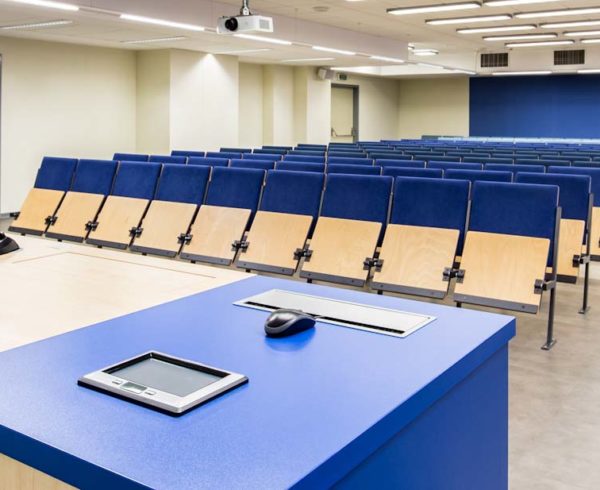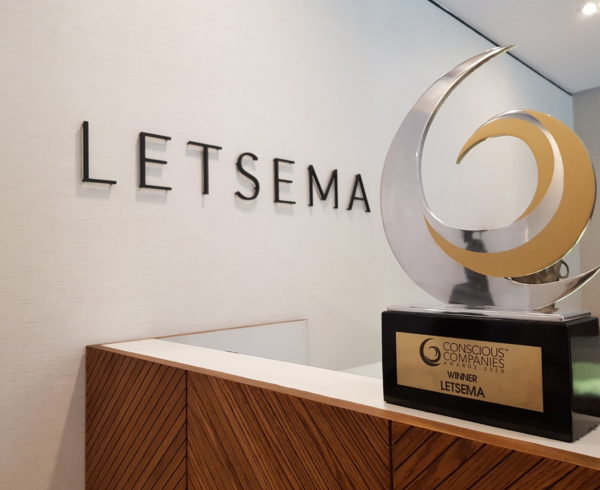One hundred kilometres south west of Mthatha alongside the Indian Ocean in the Eastern Cape is Nqileni Village, home of the Bulungula Incubator (BI). Réjane Woodroffe, an Africa Leadership Initiative Fellow was one of the BI’s founders in 2007 and has been its director since day one.
She describes the communities the BI work with as “kind, traditional and welcoming”. However, their remote location means access to government services is severely limited.
The BI seeks to enable Nqileni and its neighbouring villages in the Xhora Mouth Administrative Area to be vibrant and sustainable rural communities by focusing on:
- Education;
- Health and nutrition;
- Sustainable livelihoods; and
- Culture, arts and sport;
The BI’s education programmes, working with local authorities, support early childhood development, primary school education and a recently completed high school. One of the primary schools caters for approximately 220 students between Grade 1 and 7.
This is where Letsema are making a difference. The spark was a conversation between Réjane and Derek at a conference in February about the extreme lack of infrastructure the BI’s schools struggle with.
This is how Johan Engelbrecht, an Engagement Manager in Letsema’s Supply Chain practice, became involved. He says, “Derek [Thomas, Letsema CEO] came to me and said, ‘What do you know about shipping containers?’.” Johan was told the BI wanted to add a classroom, converted from a shipping container, to their available facilities.
“That was it. Derek sent an introduction mail between myself and Réjane, and I was left to figure it out,” Johan says.
The classroom had to accommodate a maximum of 40 primary school students, and three or four older students, training as teaching facilitators. Crucially, it had to be solar powered and access satellite Internet, with the classroom designated for the BI’s iiTablet Tshomiz programme.
The programme, through online learning targeted towards mathematics and English, sees each child allocated his or her own login to access programs based on the national curriculum. The programs are designed to assess and adjust to a learner’s educational level, accounting for a wide discrepancy of learning foundations. This is especially applicable in the communities the BI operates in.
iiTablet Tshomiz also caters for teacher absence, gives learners a chance to interact with technology as they learn, and to connect to the wider world. The containers cost between R12,000 and R20,000 each, while converting a container into a classroom costs up to R200,000. To lower expenses, Johan tapped into technical skills available within Cirebelle to assist with the conversion.

The next challenge was logistics and geography. Instead of one container, two were needed so the classroom was the right size. They had to be combined on site and if sourced from Gauteng, Durban or Cape Town and offloaded in Nqileni, transport would cost more than the conversions.
Johan started from scratch, and focused on Mthatha, Port Elizabeth, and East London for containers and an appropriate contractor. The Friendly City is where he struck gold.
“We found somebody in Port Elizabeth that could do the containers. I told him, ‘This is the problem we have’ and he said, ‘I know a lot of people. Let me see what I can do’. He, a nice guy, also arranged transport for us so we could get them to the end destination and they will combine the containers on-site,” Johan says.
With the necessary administration in place, and conversions taking two to three weeks, Johan expects the classrooms to be at Nqileni between the middle and end of July.
“Consulting is what we do. It’s not always the same but it follows similar patterns at times. I enjoy challenges like this because it’s interesting and nobody helps you out. It was, ‘Ok. Go. Figure it out’,” Johan says. “Réjane is a very humble person and she was impressed. This challenge was completely different and for a good cause.”
For more information and if you are interested in donating, you can visit bulungulaincubator.org.
Want to learn more about Letsema? Connect with our staff on LinkedIn or call 011 233 0000.









